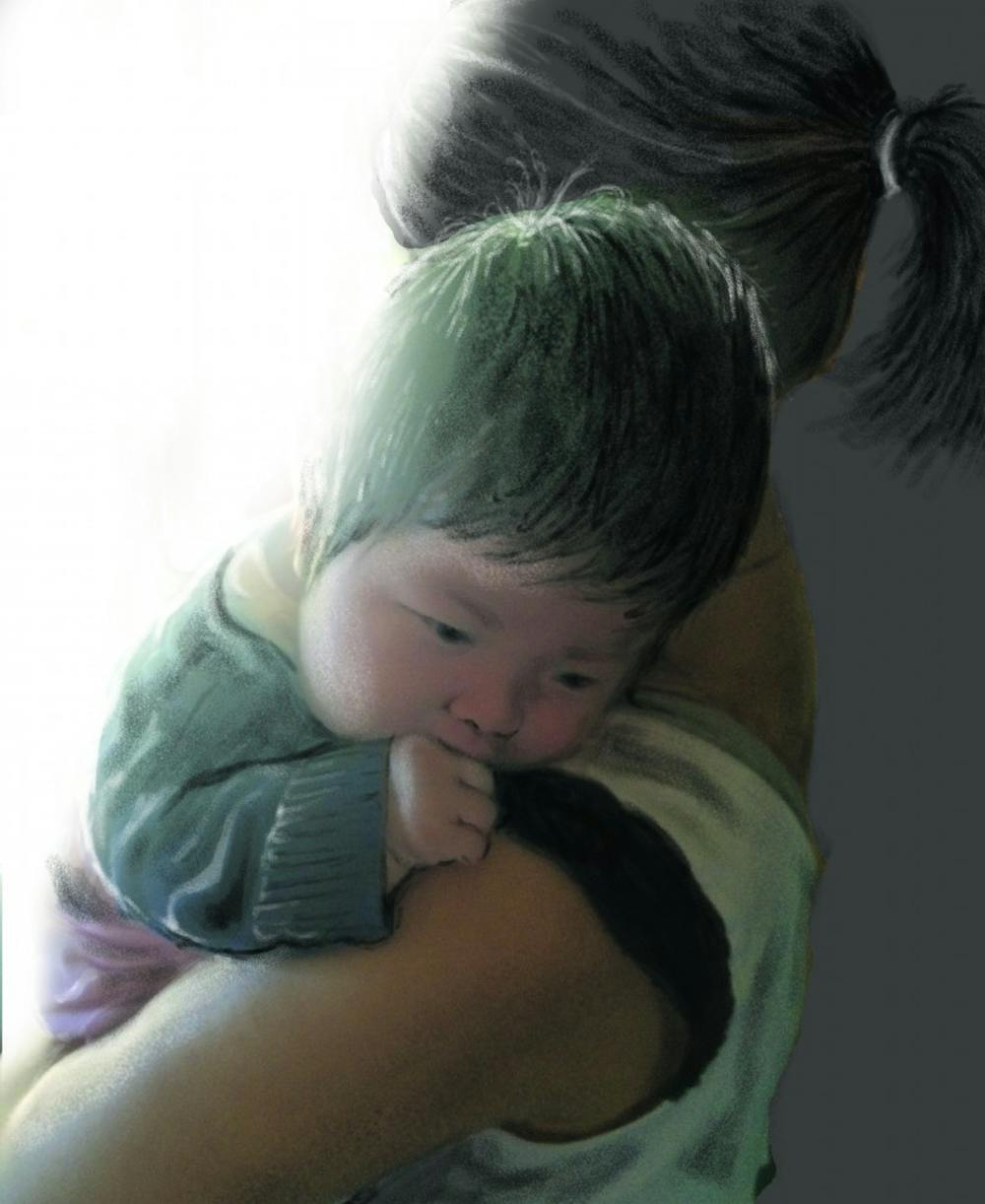The right to bear as many children as one sees fit is commonly assumed in America, but for decades that has not been the case for Chinese citizens. Since its implementation in the 1970s, China’s one-child policy has certainly played a major role in Chinese culture. That will change soon, as the Communist Party recently announced a significant alteration to the policy.
Once the changes are finalized, married Chinese couples will be able to have two children, according to the New York Times. The Editorial Board believes this is an important step in the right direction for both personal freedoms and the well-being of China’s future.
Like several other developing countries, China’s population is beginning to age. Chinese leaders have both directly stated and implied that this decision is economic in nature. While this could be the investment China’s labor force is in need of, it also can benefit the nation’s economy in the short term. A supposed increase in childbirth could cause young parents to invest more money in goods and services, spawning an increase in consumer spending, according to the New York Times.
The one-child policy is not without its darker days. Urban-area enforcement lead to instances of forced abortions, and infanticide became unfortunately common in rural China. The one-child policy also provided more fuel for Chinese culture’s preference for sons. Families desperate to bear a son spawned an industry devoted to making the birth of males a reality. Sex-selective abortions and treatments that allegedly increase one’s chances of conceiving a boy came to meet this demand.
Since the implementation of the one-child policy, mainstream Chinese culture’s desire for male children has made itself apparent by the sheer absence of women. According to Business Insider, approximately 12 to 15 percent of China’s male population will be unable to find a female partner to marry.
Party leader language makes it clear that the economics behind population control are of the utmost importance, but the change will have an effect on individuals that extends beyond employment and household income. The addition of a second child can cause significant changes within the home, so the New York Times interviewed passersby in a Beijing park to get a feel for how Chinese families feel about the new policy.
While some parents and families are excited about the passing of the change, the economic pressures of child rearing are something felt by all.
In fact, one parent informed the New York Times that she and her husband had already decided against having another child.
A desire for children to be able to succeed and rise above the status they were born into is apparent, and the time, effort and funds necessary for such success can make a second child a difficult prospect.
Whether or not the altering of the one-child policy will have a major effect on Chinese quality of life remains to be seen. Regardless of the potential economic considerations, many couples will undoubtedly be overjoyed to welcome a second child in the coming years.




